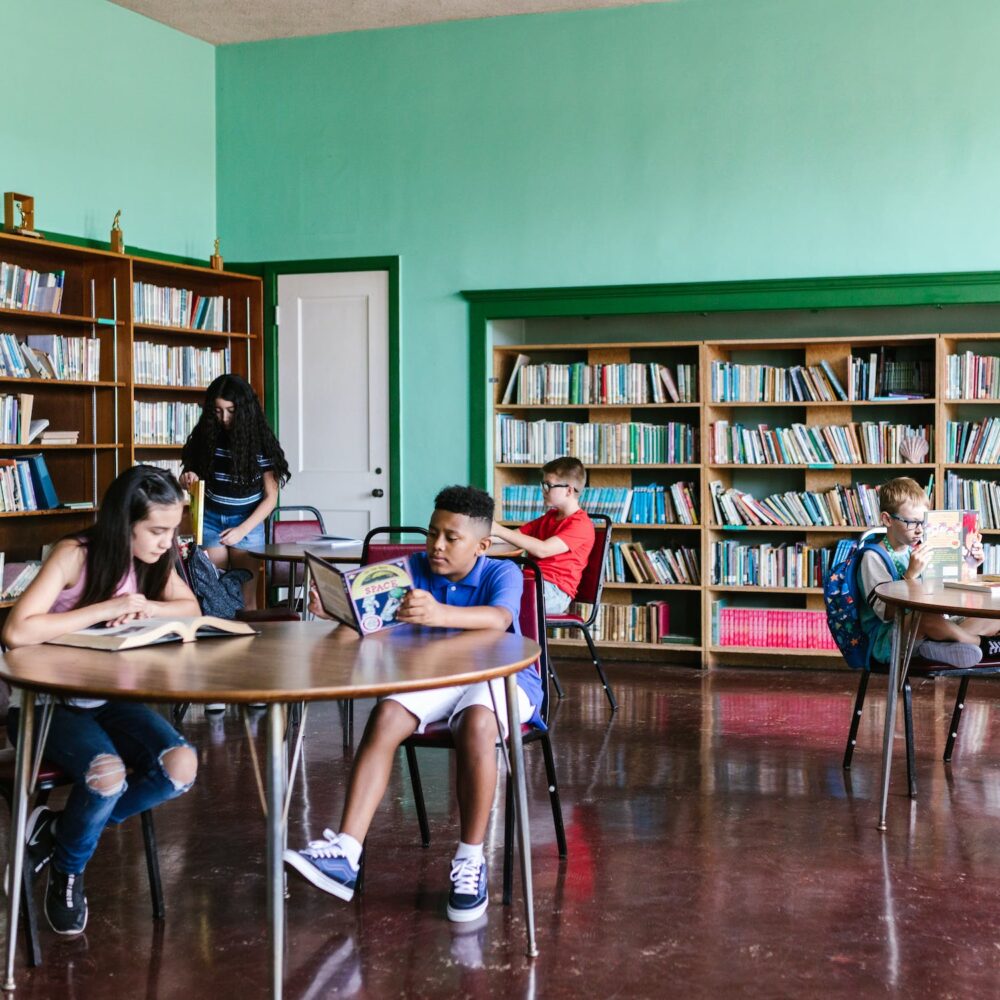


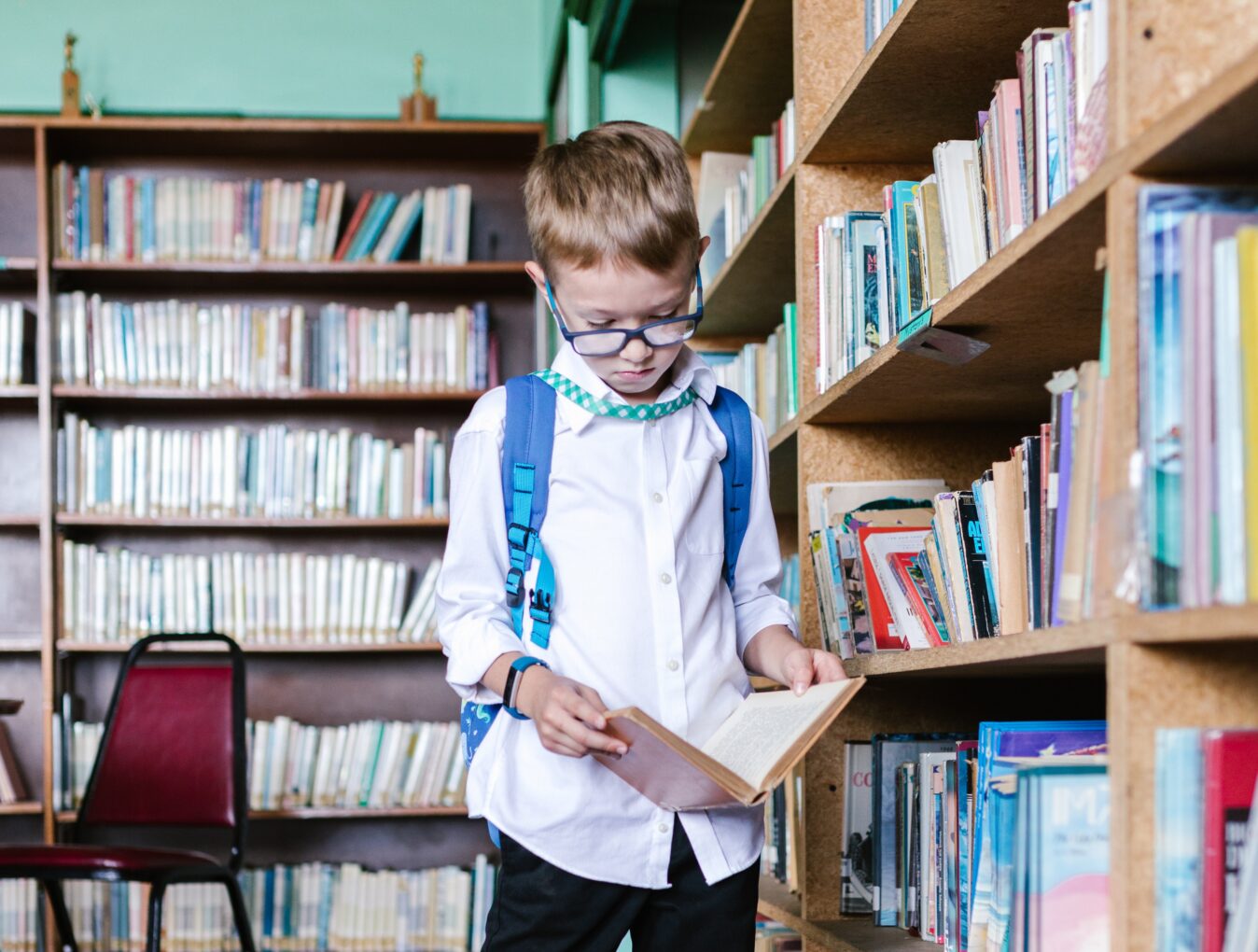
We were recently approached by a pastoral support worker from an inner city school in Manchester who had enjoyed listening to Small Voices, a podcast we made with primary school children. They were struck by how few opportunities there are for children’s voices to be heard. They see first hand the effects the pandemic and cost of living crisis are having on the children they work with. They wanted to raise awareness of this, so we invited them to write about it for our blog. It’s an important and powerful read.
‘Working on the pastoral team for an inner city primary school in Manchester I am very aware of the statistics of 1 in 3 children living in poverty. It is a daily lived experience for many of the children in my school.
The school sits in a ward high on the indices of deprivation and the pandemic has just exacerbated issues that were already there. As Health Scotland confirm in their Child Poverty Overview, outcomes for children living in socially deprived areas can be low. In my experience children who live in deprived areas often in poor quality housing, with parent who have stresses about money, often rely on food banks, don’t have access to enriching activates which lead to a poorer education, employment opportunities and outcomes.
Our children have often not had access to wider opportunities such as museums, galleries, days out or family holidays. Their life experiences can be limited to the postcode in which they live, with no ability to leave the area due to the cost of transport. Many of our children’s holiday and weekends consist of going to the local park, supermarket or staying at home on electronic devices. This leaves them at a disadvantage compared to pupils living in more affluent areas who often have access to wider experiences.
OFSTED calls this ‘Cultural Capital’. This is the experience children get during school that enables them to have learning opportunities outside their daily lives that will enrich their wider knowledge of the world. Activities that middle class children will often take for granted. Sometimes these diverse opportunities they get in school will be the only ones they have.
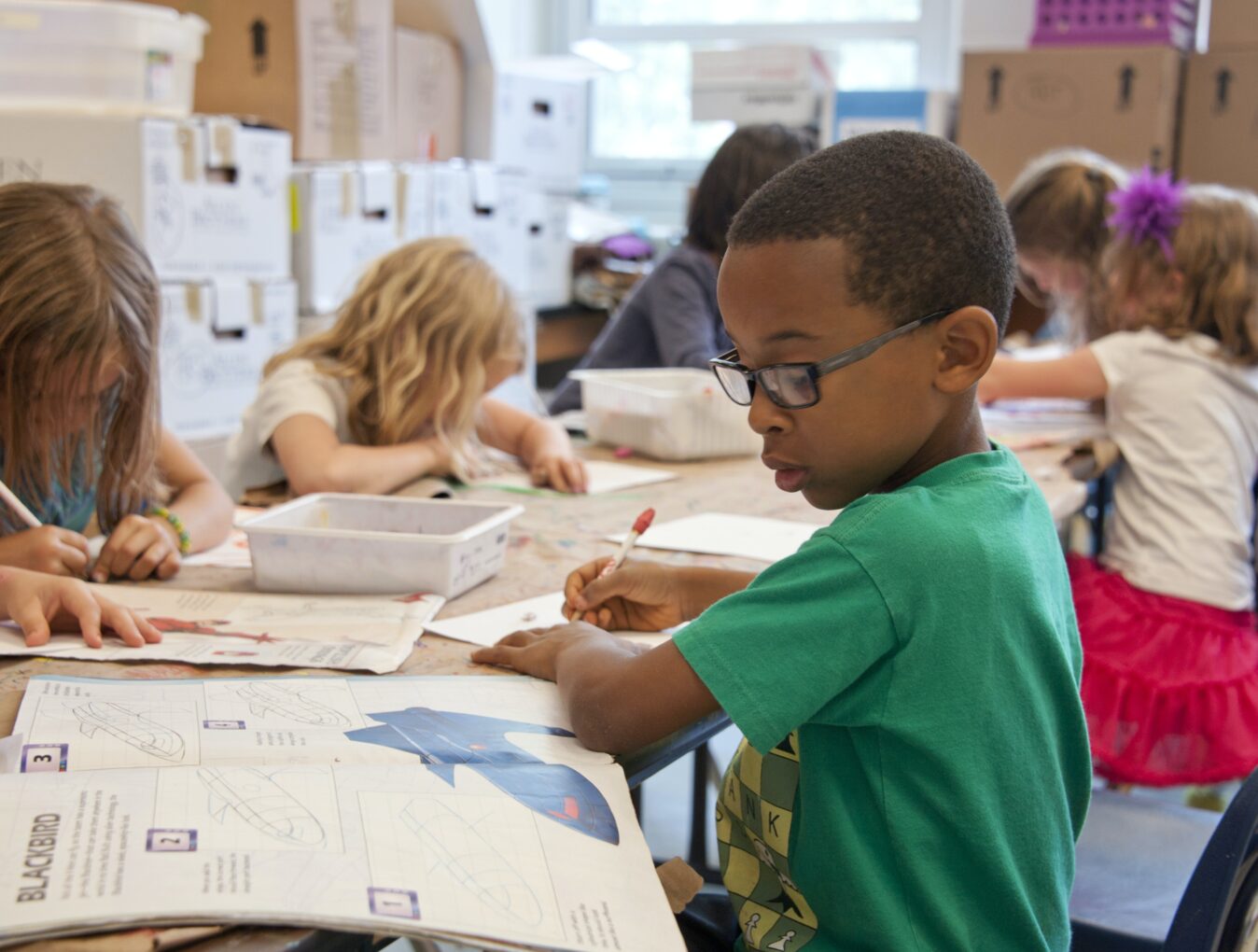
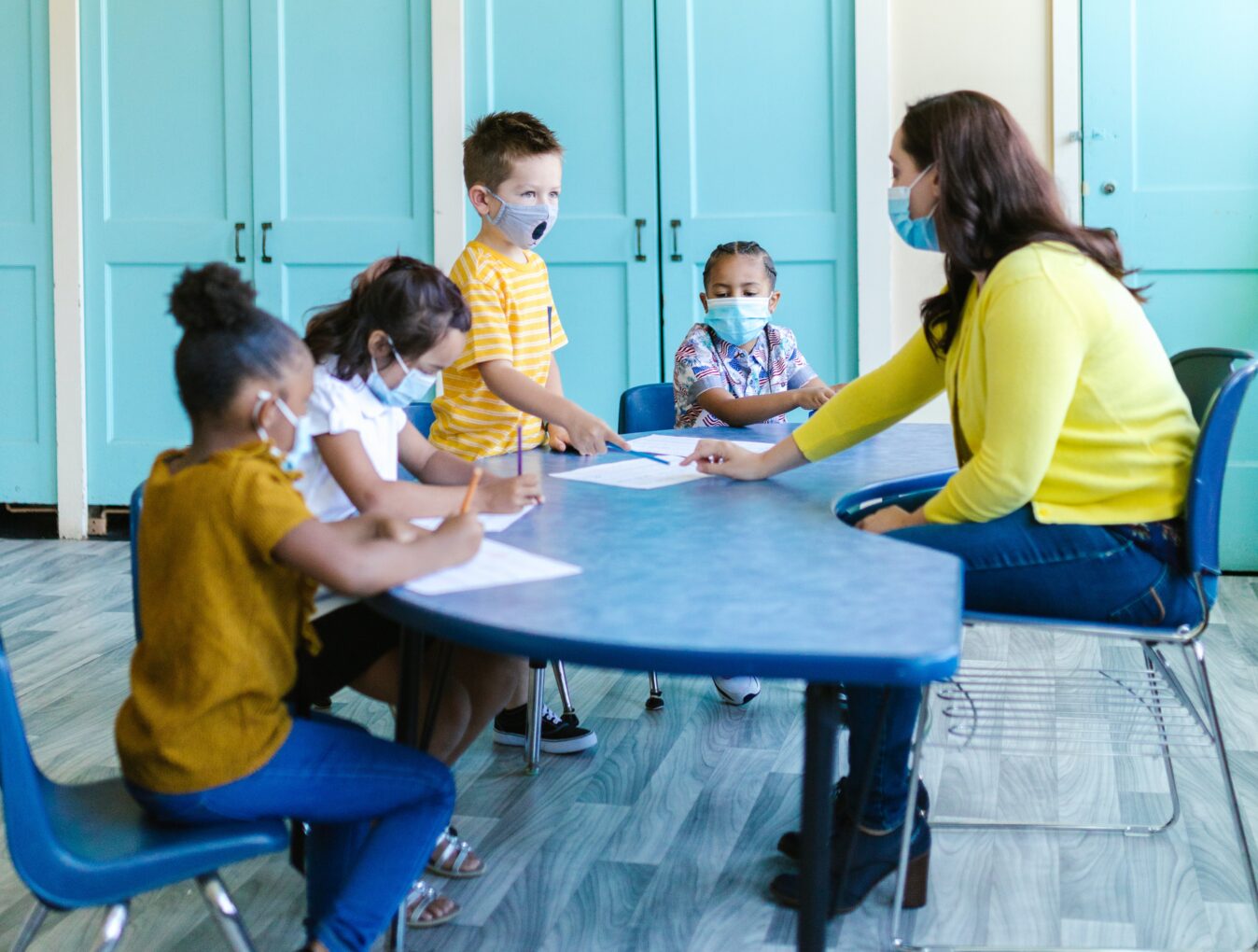
The base line in which they start school is low and is now even lower due to the pandemic. Some children have missed out on the whole of their early years provision, meaning they have not socially interacted or learnt basic essential skills of play and social interaction. For instance, the Educational Development Trust say;
“an average of 40% of the development gap between disadvantaged 16-year-olds and their peers had already emerged by the time they were five years old”
There has been missed opportunities for schools to refer to services to support children who may have additional educational needs. Parents don’t always realise their child may need additional support or know or understand the processes to follow to get support.
School is many children’s place of safety. It is where they have the freedom to think, feel and learn and are around trained safe adults who can support them with issues if the need arises. They get a school dinner, given breakfast if they haven’t had it at home or have their clothes washed because there is no washing machine at home.
During the Covid 19 pandemic schools were closed to most children. They were open to those deemed vulnerable with children’s service involvement or special educational needs. However, there were plenty of children who were not in school who were vulnerable. These children are the ones schools had concerns about who didn’t meet the threshold for service involvement. Worryingly, according to the report by the government into referrals made during the pandemic, the amount of referrals to children’s services went down by 20% in 2021. This was because children were less visible as schools were closed.
Some children have not only lived in these difficult circumstances but also been under stimulated. They have not had access to outside spaces, limited toys, books or the online learning the school provided. If they have an electronic device there would have been limited access to WIFI due to cost.

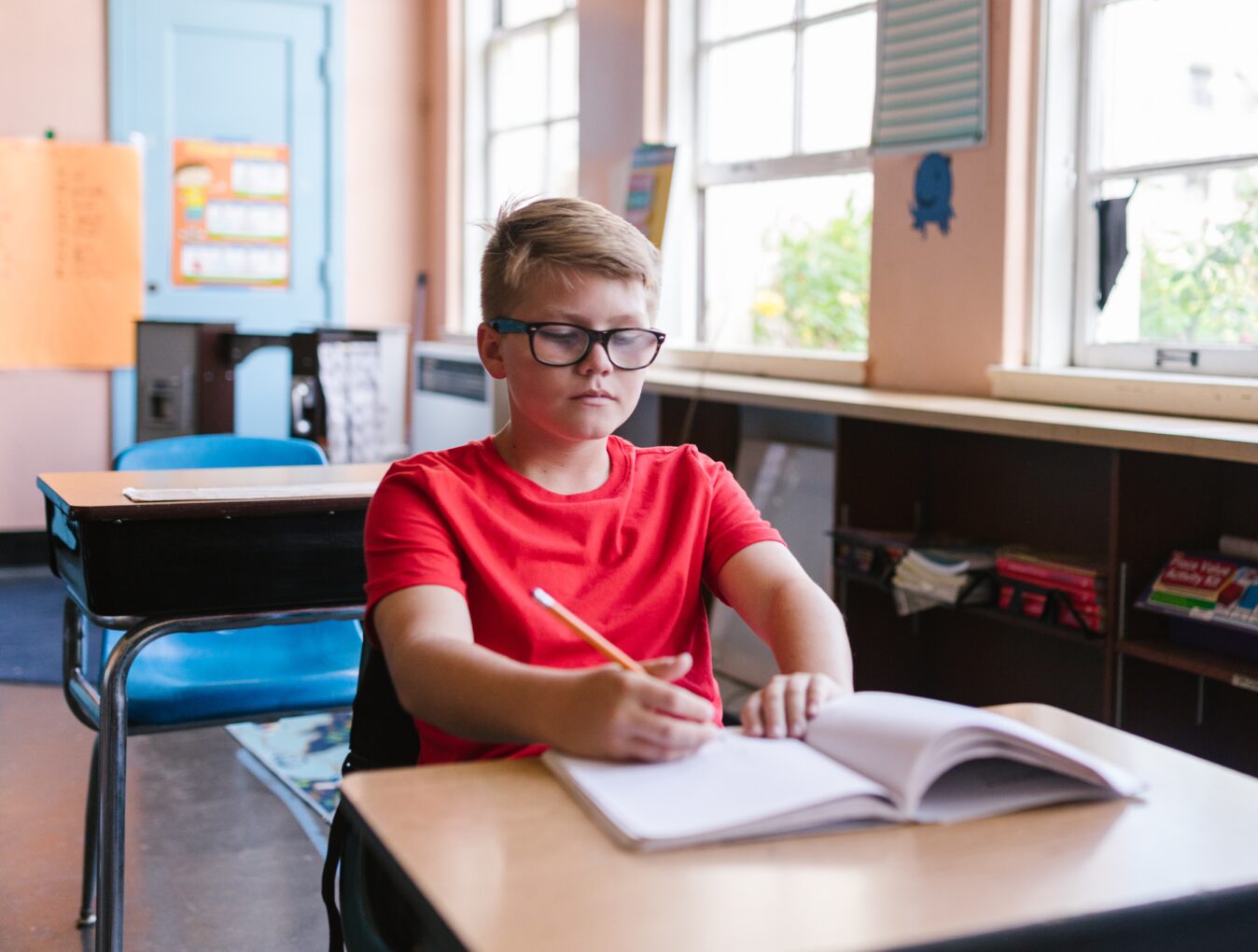
Almost 2 years after lockdown, children are now starting to relive these experiences. We have had just 1 and 3 quarters of year groups back in school. Children have anxiety about school, issues with busy places and loud noises, a lack of social interaction giving way to children not knowing how to interact with peers. In 2021 there was an 81% increase in referrals to children and young people’s mental health service compared to 11% the year before [nuffieldtrust.org.uk].
Children are showing extreme behaviours such as self-harm, violence towards other children or staff, inability to concentrate, lack of boundaries, social and conversational skills, with some of these children only able to access a few hours of school a day. Schools are having to adapt the way they are working to meet the needs of the children without any additional funding or support from the government. Staff shortages mean people are covering positions that they are not trained for because they are needed in those areas.
When school started back in September 2021 children were expected to come back into school and continue where they had left off. In a school of 500 there were approximately 30 children accessing school in lockdown. The lockdowns meant that current year 3 (age 7/8) would have been half way through reception when covid hit. Their first full year in school was Year 2. Year 2 is when children sit their Standardised tests. SATS. Current Year 3 children have missed most of their early years provision and were expected to take part in these tests in their first full year back in education ever having missed almost 2 full years of school. The results of which are published and that have the capacity to deem a school ‘good’ or ‘requires improvement’ in an OFSTED inspection.
Then there are children who have undiagnosed SEND and are awaiting a space in specialist provision. They are on waiting lists due to the lack of space currently in these schools. Then also the children who have Educational, health and care plans who are entitled to additional support but not always with the right amount of money in order to cover this support. The government reports that the number of EHC (Educational, Health and Care) plans applied for in the UK in 2022 currently sits at 473,255 which is an increase from 430,697 in 2021.
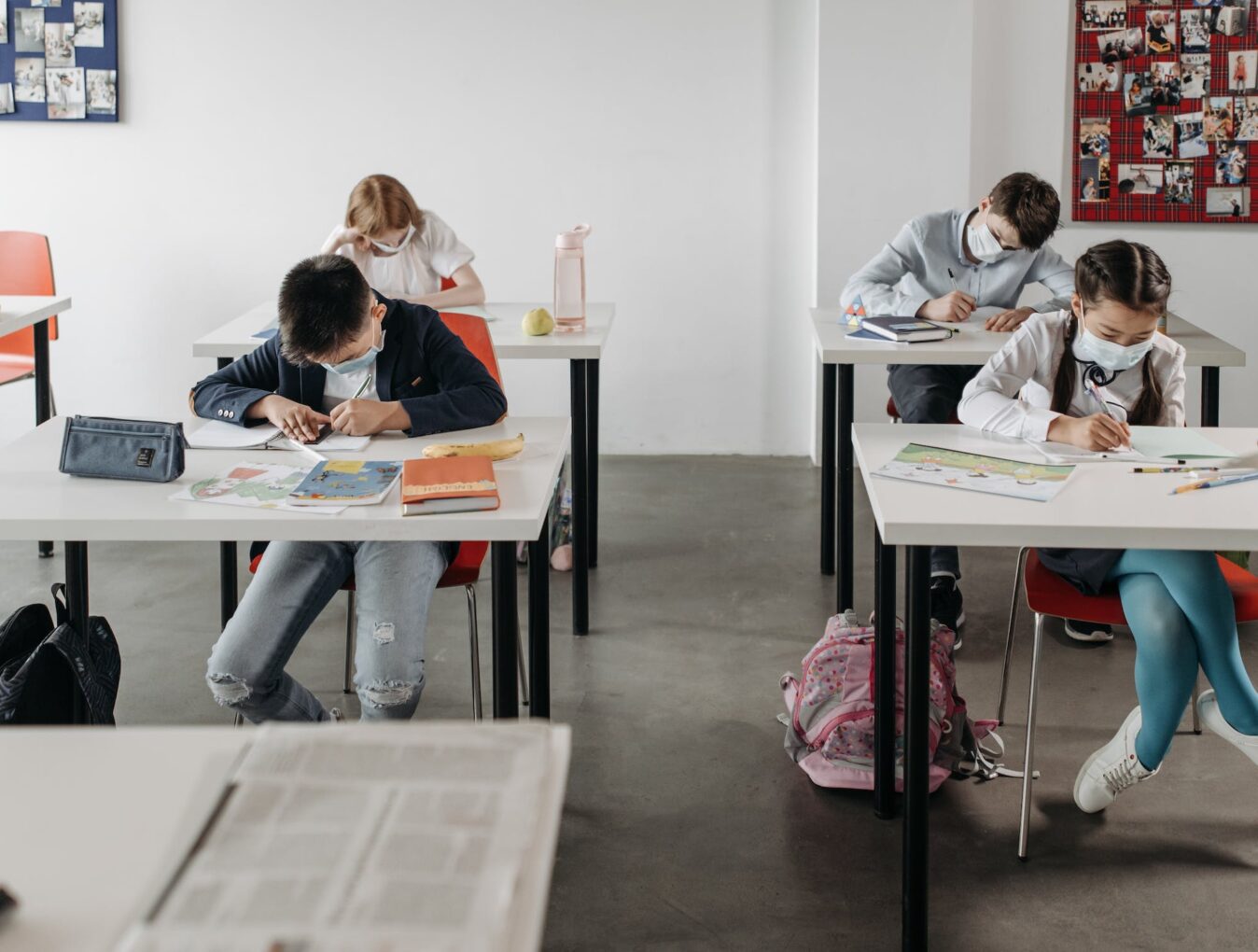

All of the above leads to a high level of stress for staff and children. There isn’t currently enough support in schools to help these children due to funding cuts and it doesn’t look set to improve any time soon.
When you hear statistics like the need for food banks going up by 81% and that 2020 saw the steepest increase in billionaire wealth, I wonder how much of our young people understand about what is happening, and how much the governments daily decisions are affecting them and their quality of life. I worry about what the government are doing to understand the issues faced by our children and schools.
These children’s voices are only just being heard and seen as important. It struck me listening to the podcast ‘Small Voices’ how little we heard children’s voices during the pandemic but how much they have to say. In my mind it is vital for children’s voices to be heard and more importantly listened to and taken seriously. Schools need to be funded to carry out work with these children who have missed out on so much.
Reading the poems, listening to the manifestos and the podcast it made me feel like the work that is currently carried out in schools is not enough. Central government do not know what the daily lived experiences are for our children and certainly have no idea what their experiences of the pandemic were. They are the voices of the future and they have a right to be heard.
It is vital for them to learn how government systems and policy work and directly affect them. Work such as the ‘Small Voices’ project and The UNICEF Rights of a Child should be rolled out across all schools. This work should become compulsory like Maths and English. It is only through capturing their voices, showing them on billboards across the city, listening to the work they create, that we can get these powerful messages heard.’
This blog has been written by a Pastoral Support worker from an inner city primary school in Manchester. They wish to remain anonymous.

We are Art with Heart, and we want to bring together as many people as possible to unlock their creativity and connection to each other. As a registered charity (1205611), donations make it possible to deliver accessible, representative and inclusive projects, to engage more people, employ more freelancers and plan further into the future. Together, we are building Art with Heart, we would love you to join us! CLICK HERE to donate through our Ko-fi campaign.